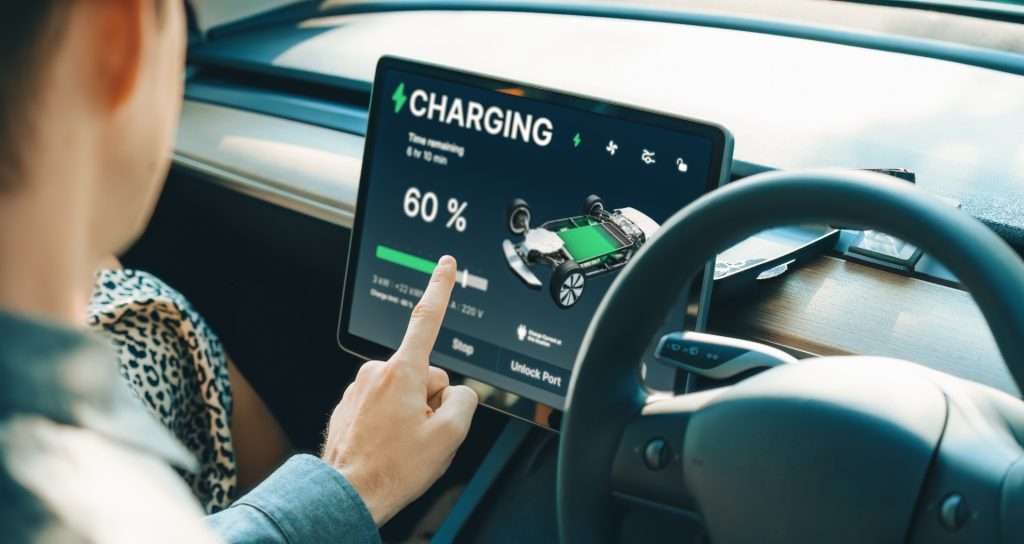Stellantis is facing financial challenges and leadership upheaval.
Others are reading now
Officially, Carlos Tavares left of his own accord, but insiders suggest the Stellantis CEO was pushed out.
Now, the world’s fourth-largest carmaker, home to 14 major brands, is grappling with financial woes and betting big on a revolutionary battery to turn things around.
According to New Atlas, Stellantis has teamed up with American battery company Zeta Energy to develop lithium-sulfur batteries, which could drastically change the electric vehicle (EV) market.
These batteries are lighter, more energy-dense, and better suited to cold climates than current lithium-ion technology.
Also read
According to Zeta Energy, lithium-sulfur batteries could slash battery weight by 30-50%, while also enabling faster charging speeds—up to 50% faster than existing options.
Despite their advantages, lithium-sulfur batteries have historically faced a major hurdle: limited lifespan due to energy degradation over time.
Zeta Energy claims to have resolved this issue by introducing special coatings that enhance battery durability and extend its operational life.
One of the most significant advantages of lithium-sulfur batteries is cost. The materials used in production are cheaper and more environmentally friendly than those in lithium-ion batteries. This cost-efficiency could make EVs more affordable for consumers, a crucial factor as competition in the industry intensifies.
A Plan for 2030
Stellantis and Zeta Energy have set an ambitious goal to bring this battery technology to market by 2030.
If successful, it could provide Stellantis with the innovation needed to regain its footing in the competitive automotive sector.
The stakes are high for Stellantis, which has struggled to maintain its position amid mounting financial challenges. While the potential of lithium-sulfur technology is promising, its ability to meet expectations in real-world applications will determine whether it can save the car giant from its current crisis.


